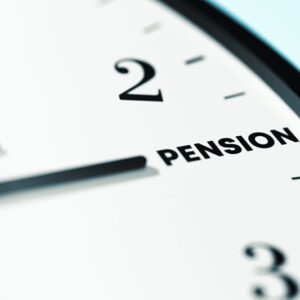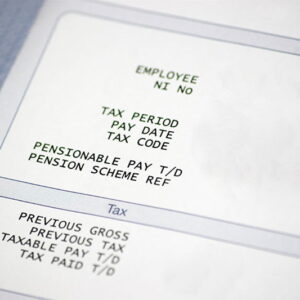Withdrawing from your Pension Fund at 55
My pension fund is currently worth about £300,000 and I have just turned 55. I understand I can get my money out now. Is that correct? I would like to pay my mortgage off so that if things get tight over the next couple of years, we can still maintain our standard of living.


My pension fund is currently worth about £300,000 and I have just turned 55. I understand I can get my money out now. Is that correct? I would like to pay my mortgage off so that if things get tight over the next couple of years, we can still maintain our standard of living.
Carl responds:
You are correct that you can access your pension savings at any stage after you pass your 55th birthday (although the minimum retirement age is going up to 57 in 2028). However, please don’t do so without serious consideration: you have not said how much the outstanding mortgage balance is, but there are far-reaching implications if you empty your pension pot at this stage.
You also need to think about any other savings or investments you have, and what “maintaining your standard of living” entails. However, considering solely the pension, its main purpose is to provide you with retirement income. Accessing it at age 55 will seriously affect that. Most people would agree that the state pension is insufficient to deliver a comfortable retirement, so a personal pension will be critical.
You may plan to build your fund back up again before you retire, but your opportunities to do this would be limited once you have “crystallised” your fund (ie started taking benefits other than your tax-free pension commencement lump sum). The amount you can save into your pension tax-efficiently each year then drops to just £10,000. Anything more would be subject to a tax charge.
In addition, there could be serious income tax implications. You are entitled to withdraw up to a quarter of your pension fund free of tax, but anything further is taxed as income at your highest rate. This means that if you are, for example, a higher rate taxpayer, you could lose 40 per cent of your additional withdrawals to the taxman.
Please get independent financial advice before accessing your pension savings so that you understand the seriousness of what you are proposing.
Any opinions expressed in this article do not constitute advice. The value of an investment and the income from it could go down as well as up. The return at the end of the investment period is not guaranteed and you may get back less than you originally invested.








